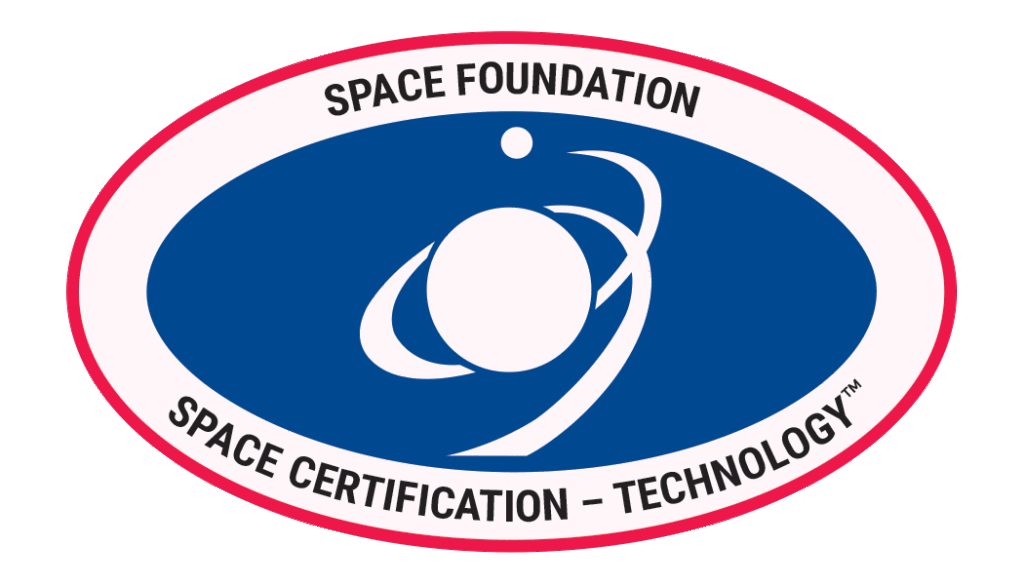Narbis’ neurofeedback smart glasses teach you to pay attention by analysing your brain activity, training your brain to weed out distractions, thus priming it to operate in a highly focused state, helping you become more productive as a result. Yet in a way, putting them on can help you see the world through the eyes of a NASA pilot. You see, the neurofeedback algorithms that Narbis uses to check when your brain activity is indicative of losing focus is one and the same as that used to track pilots’ attention as they power through their exploratory missions.
Narbis founder and CEO Devon Greco recently spoke with NASA Spinoffs, a publication with the iconic space agency, about the smartglasses’ space-age origins and how he and his father began to work with and license NASA technology. Starting in the early 80s, Devon’s father Dominic Greco, a clinical psychologist, began working with biofeedback therapy, using biodata as a health monitoring tool so that patients can learn to adjust behaviors accordingly. (Neurofeedback is a subset of biofeedback.) Some two decades later in 2003, the two Grecos launched Cyberlearning Technologies. Its product SMART BrainGames, a system that, using neurofeedback technology licensed from NASA, would train players how to pay better attention while they play any PlayStation or Xbox video game of their choosing. As players’ minds wandered, the controls of the game became harder to manage.

Yet at the same time, the father-son team saw a need for a wearable tech that would teach the wearer how to focus while doing a given task, rather than on a video game. (Often, video games are a source of distraction in their own right!)
After the elder Greco passed away, Devon set forth on establishing what would become Narbis smart glasses, which use the NASA engagement index (more on that in a minute) to alert the wearer when the detected brainwave patterns are indicative of losing focus. When the Narbis system identifies that the wearer is becoming distracted, the glasses instantly change their tint. When the wearer perks back up into attention mode, the glasses clear up. Eventually, the wearer learns to focus and pay attention with practice. This is an outcome with an array of positive implications for attention disorders such as ADHD, as well as for maintaining school and workplace productivity through this stay-at-home era of the pandemic.
Greco suggests that users looking to improve their attention wear the glasses for a few 30-minute sessions per week. Recent clinical pilots of the product show promise as a drug-free tool to help instill focus and attention skills for wearers grappling with attention disorders.

Though Narbis is a wellness device and not yet FDA-approved for treating ADHD, “We had a number of kids who were diagnosed [with ADHD] and on medication, and they wore our glasses for a few times a week while they did their homework,” Greco pointed out in an appearance on Salt Lake City Fox affiliate KSTU. “In as short as 20 training sessions, many of them were taken off of medication.”
Greco credits part of the progress of Narbis users to the fact that the technology applies neurofeedback to real life activity, such as studying or reading. “Because the [wearers] are choosing, they’re more engaged and having a more successful outcome,” he told NASA Spinoffs.
Scientists within NASA agree. Dr. Alan Pope, who has worked at NASA’s Langley Research Center in Hampton, Va., back in the 1990s developed a way to ensure that NASA pilots would remain engaged despite flight decks becoming more automated. Enter the brainwave engagement index: a ratio of beta waves — which are indicative of a focused mind — over alpha and theta waves, which the brain creates during more relaxed states. Pope’s formula would rate the level of focus on a scale of 1 to 6. Pilots who were aware of their engagement level tended to outperform control groups in subsequent studies. Narbis’ stellar origins were thus born.
Other neurofeedback products have come and gone, though as Pope told NASA Spinoffs, Narbis sets itself apart. “There’s an incentive involved [with Narbis] — you’re motivated to make the lenses clear, so it uses reinforcement.”
Narbis glasses have received certification from the Space Foundation because of their ties to the space program and space research, putting them in the same league as such products that have become integral to daily life as scratch-resistant lenses and memory foam mattresses. It’s revolutionary to think that a product devised to explore the heavens can help keep our mind out of the clouds.








